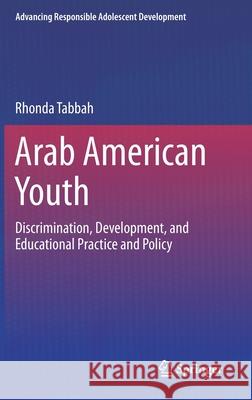Arab American Youth: Discrimination, Development, and Educational Practice and Policy » książka
topmenu
Arab American Youth: Discrimination, Development, and Educational Practice and Policy
ISBN-13: 9783030668037 / Angielski / Twarda / 2021 / 185 str.
Arab American Youth: Discrimination, Development, and Educational Practice and Policy
ISBN-13: 9783030668037 / Angielski / Twarda / 2021 / 185 str.
cena 201,24
(netto: 191,66 VAT: 5%)
Najniższa cena z 30 dni: 192,74
(netto: 191,66 VAT: 5%)
Najniższa cena z 30 dni: 192,74
Termin realizacji zamówienia:
ok. 16-18 dni roboczych.
ok. 16-18 dni roboczych.
Darmowa dostawa!
Kategorie:
Kategorie BISAC:
Wydawca:
Springer
Seria wydawnicza:
Język:
Angielski
ISBN-13:
9783030668037
Rok wydania:
2021
Wydanie:
2020
Numer serii:
000345014
Ilość stron:
185
Waga:
0.46 kg
Wymiary:
23.39 x 15.6 x 1.27
Oprawa:
Twarda
Wolumenów:
01
Dodatkowe informacje:
Wydanie ilustrowane











